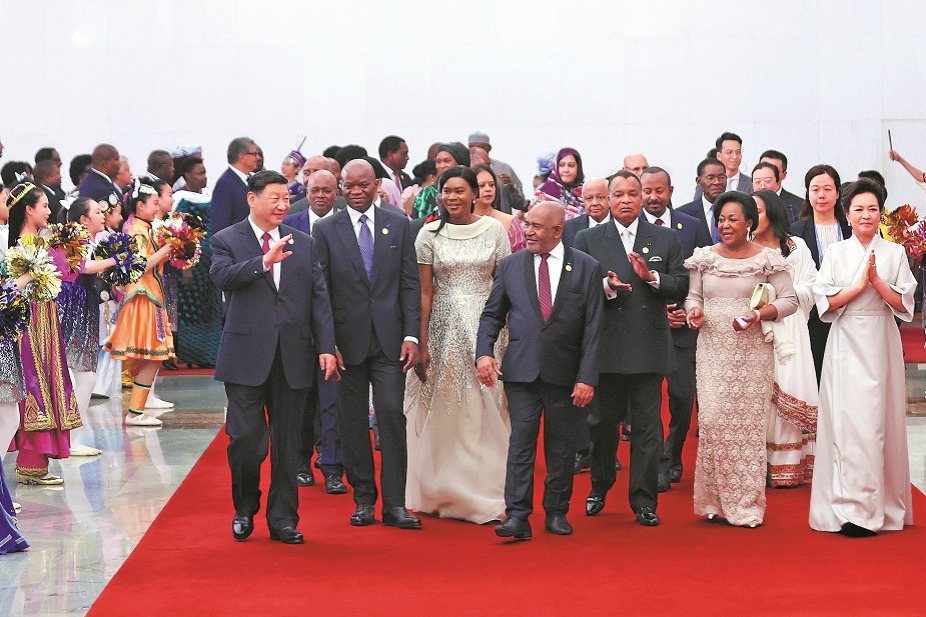Mainland dominance to prevail in cross-Straits ties


Factbox
March 16: A policy is introduced to allow people in Taiwan to register individually owned businesses in 122 sectors on the Chinese mainland, including fruit planting, beverage manufacturing, pet services and entertainment agencies.
July 11: Xi Jinping, general secretary of the Communist Party of China Central Committee, sends a letter replying to young people from Taiwan who attended the 20th Straits Youth Forum in Xiamen, Fujian province. Xi calls for young people from both sides of the Taiwan Straits to join hands in realizing the Chinese dream of national rejuvenation.
July 26: A symposium is held in Beijing to mark the 30th anniversary of the 1992 Consensus, which embodies the one-China principle. Officials and experts attending the event stress that the Consensus is the basis for peaceful development of cross-Straits relations.
Aug 2: United States House Speaker Nancy Pelosi arrives in Taiwan by military aircraft for a two-day trip, during which she meets the island's leader Tsai Ing-wen. The Chinese government takes unprecedented countermeasures due to Pelosi's trip, including canceling three cooperative dialogues or meetings with US defense authorities, suspending climate talks, and conducting live-fire drills around Taiwan.
Aug 10: A white paper titled The Taiwan Question and China's Reunification in the New Era is published. It elaborates the Communist Party of China and the Chinese government's position, principles and policies for advancing and realizing national reunification in the New Era.
Aug 16: The mainland sanctions seven "Taiwan independence" diehards, including Hsiao Bi-khim, the island's "representative" to the US who promoted Pelosi's visit to Taiwan, in addition to three DPP politicians already on the list. Punitive measures include barring enterprises related to these people, as well as their sponsors, from engaging in profit-making activities on the mainland.
In October: The report to the 20th National Congress of the CPC stresses that the mainland will implement the Party's overall policy for resolving the Taiwan question in the New Era. Resolutely opposing and deterring separatists who seek "Taiwan independence" is added to the Party's Constitution during the Congress.
Nov 14: President Xi Jinping tells US President Joe Biden during their meeting in Bali, Indonesia, that the Taiwan question is at the very core of China's core interests, the bedrock of the political foundation for China-US relations, and the "first red line" that must not be crossed in Sino-US ties.
Nov 26: Defeated in local elections, Taiwan's ruling Democratic Progressive Party wins only five out of 21 positions for county and city chiefs. Tsai Ing-wen resigns as the party's chair to take responsibility for the poor performance.
Dec 23: Biden signs an $858 billion defense spending bill into law, authorizing up to US$10 billion in security assistance and fast-tracked weapons procurement for Taiwan.























